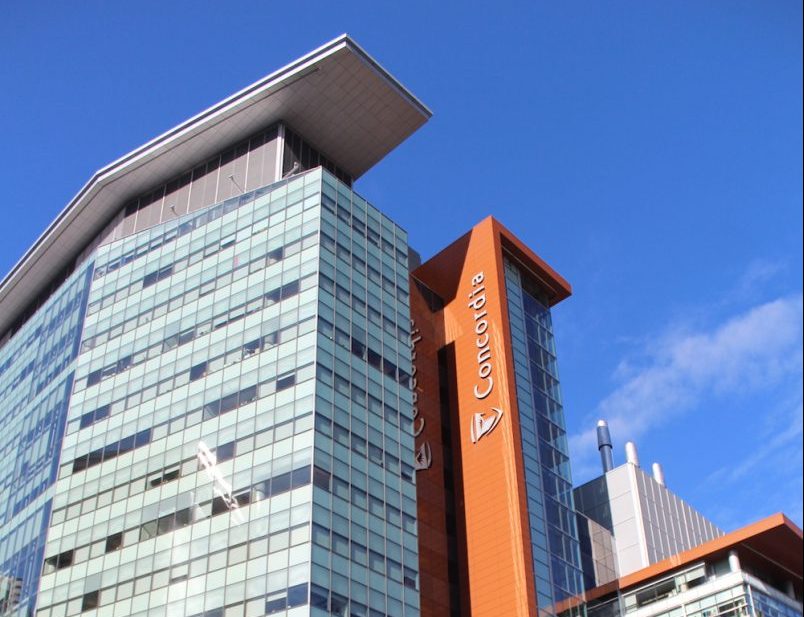The deadline of Oct. 4 to complete Concordia University’s mandatory sexual violence and prevention training, “It Takes All of Us”, is only a couple days away at the time of publication.
Concordia partnered with the Sexual Assault Resource Center (SARC) and Knowledge One to create the online training. The training walks students and staff through a series of scenarios, definitions and education on what sexual violence means, especially on campus.
Over the past years, The Concordian has covered several stories regarding sexual violence at Concordia, including the recent sexual assault scandal in the university’s English department. The Concordian believes this training is a positive first step towards improving sexual violence education among students and staff.
But a step in the right direction doesn’t mean that the issue is suddenly solved, or that the university has done enough. It was only two years ago that Concordia ranked last among 15 Canadian universities in terms of sexual assault policies in the “Our Turn: A National, Student-Led Action Plan to End Campus Sexual Violence” report released Oct. 11, 2018.
Based on the reaction we heard from students, most believed that the training would have a positive impact on the Concordia community. Which is good, students should feel as though their university is moving in the right direction. Part of that process includes the university’s “Report of the Task Force on Sexual Misconduct and Sexual Violence” that was released its findings two years ago. In it, the task force found that students had very little idea about where and how to actually report sexual violence on campus. This needs to change.
While The Concordian agrees that constructive, well-thought out training and education on the topic of sexual violence is always positive, education is only the beginning of truly affecting change. Definite and effective action from the university is necessary. Enforcing those policies that help reduce sexual violence, making necessary resources readily accessible on campus and reducing the barriers of reporting sexual violence to the university are the next steps towards making the Concordia campuses safer for all students and staff.
At the end of the day, this training is for the Concordia community. Part of this week’s editorial is dedicated to hearing from the community. We asked Concordia students about their thoughts on the training.
“Even as someone who considers myself fairly educated on consent and sexual assault awareness, I found the training super informative,” said fourth-year student Candice Pye. “It was also extremely easy to follow and quick to do. While a lot still needs to be done in terms of properly supporting survivors and preventing sexual violence at Concordia, I definitely think it’s a step in the right direction”
“I think it was a great idea and they did a good job at explaining what you should do in specific situations,” said second-year student Isabela Brandão. “I like the fact that they included what you should do to help someone that went through something like that and that they had slides for multiple types of situations. It was more than I expected. I thought it would be focus on strategies to avoid sexual assault (as it usually is) but they had information like, how to tell if your partner is unable to consent, different types of consent and for the most part the presentation was gender neutral. Overall, I think they did a fantastic job.”
“I think these trainings are always better in person due to their sensitive nature, however due to the size of the university I understand how that’s not possible,” said fourth-year student Becki Seguin. “I think sexual assault is difficult to navigate because there’s so many different components to try and include. That being said I think they did a great job. It was definitely prevention-based, but could have still touched a little more on victim support.”
Concordia implemented its most recent policies on sexual violence in September. Now’s the time to see if the university will deliver on action, as well as education.
Photo by Alex Hutchins
